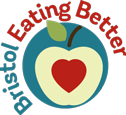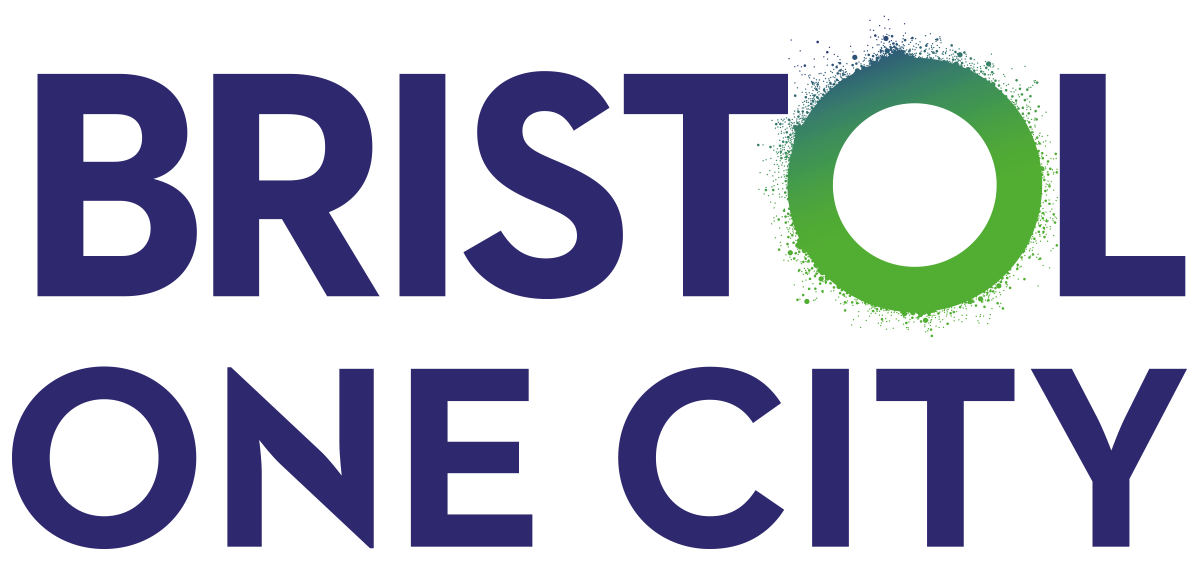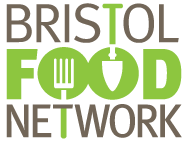Information about sugars and sweeteners, and how you can reduce them in your food and drink.
Objective 1 of the Bristol Eating Better Award includes 7 actions you can do to reduce the sugar in the food and drink your business offers.
For more detailed guidance about the actions see the pdf guidance document(904 KB) .
About sugar
Sugar is often added to foods to make them sweeter and more appealing. It also occurs naturally in some foods. Most adults and children in the UK eat too much sugar, which can contribute to excess weight and tooth decay.
The type of sugar we often eat too much of is free sugars.
Free sugars are:
- any sugars added to food or drinks
- sugars naturally occurring in some foods
Sugars added to food or drinks
This includes sugar added to products such as biscuits, cakes, flavoured yoghurts and breakfast cereals.
Added sugars are used to sweeten food and have no nutritional benefit. They can be:
- made from sugar cane or beet, also known as refined sugar
- chemically produced, such as high-fructose corn-based syrup or molasses
They may be added by your customers, chef, or the manufacturer of your ingredients and products.
To check if sugar has been added to any products or ingredients you buy, look at the ingredients list.
Sugars naturally occurring in some foods
This includes honey, syrups (such as maple syrup), fruit juices and vegetable juices.
Sugar found naturally in milk (lactose), fruit (fructose) and vegetables don't count as free sugars and we don't need to cut down on them. Because these sugars naturally occur, they won't be listed as an added ingredient but the sugar they include will be included in the nutritional information.
Fruit juice is high in sugar. Although a small amount can be beneficial, too much isn't good for us. The nationally recommended portion size of juice is no more than 150ml a day. Eating a piece of fruit is a healthier option as contains more fibre and is better for digestion.
Find out more about sugar on the NHS website Go to https://www.nhs.uk/live-well/eat-well/food-types/how-does-sugar-in-our-diet-affect-our-health/ (opens new window).
Find out how much sugar is in your ingredients and packaged retail products
Look at the nutritional information to find out how much sugar is in your ingredients and packaged retail products.
If a product has more than 22.5g of total sugars per 100g, the product is high in sugar. If it has 5g of total sugars or less per 100g, it's low in sugar.
Summary and colour code
- Green (Low Sugar): less than or equal to 5.0g per 100g.
- Amber (Medium Sugar): greater than 5.0g and less than or equal to 22.5g per 100g.
- Red (High sugar): greater than 22.5g per 100g or 27g per portion.
Recommended sugar intake
When looking at the amount of sugar in your products, you can compare it to the maximum recommended daily sugar intake.
Most adults consume more than double the recommended amount of sugar, while teenagers consume 3 times the recommended amount.
The government recommends that we should not consume more than the following maximum amounts of added sugar per day:
- Adults and children over 11 should have no more than 30g of free sugars a day (roughly equivalent to 7 sugar cubes).
- Children aged 7 to 10 years should have no more than 24g of free sugars a day (6 sugar cubes).
- Children aged 4 to 6 years should have no more than 19g of free sugars a day (5 sugar cubes).
There is no guideline limit for children under 4 years, but it's recommended that they should:
- avoid foods with sugar added to them (such as cakes and biscuits) and sugar-sweetened drinks
- only drink water and milk
Source: Public Health England, National Diet and Nutrition Survey Go to https://assets.publishing.service.gov.uk/government/uploads/system/uploads/attachment_data/file/551352/NDNS_Y5_6_UK_Main_Text.pdf (opens new window) and Government Nutrient Guidelines Go to https://assets.publishing.service.gov.uk/government/uploads/system/uploads/attachment_data/file/618167/government_dietary_recommendations.pdf (opens new window)
What are sweeteners
Sweeteners are used as a sugar alternative. Many drinks labelled 'no added sugar' or '0 calories' use sweeteners instead.
Sweeteners can be:
- man-made, such as aspartame and saccharin
- natural, such as those made from stevia, often listed as steviol or xylitol
Drinks with sweeteners:
- contain much fewer calories
- aren't recommended for children under five
- contain citric acid, which is bad for teeth (other drinks include this too)
- aren't recommended as a regular drink because of their limited nutritional value
If you're using sweeteners, use a natural sweetener where possible.
Hints and tips to reduce sugar
There are lots of simple ways to reduce sugar in your business.
Cakes, desserts and toppings
You can:
- reduce the amount of icing on your cakes and cupcakes
- consider using fresh fruit, dried fruit or nuts as ice cream toppings, instead of sprinkles or syrups
- switch or adapt existing recipes to ones that use less sugar
- sell half or smaller portions of cakes or sweet items
- sell fruit and other low sugar and savoury alternatives instead of sugary snacks and puddings, such as plain scones, breadsticks, unsalted nuts, oat or rice cakes, no added sugar yoghurts, small portions of cheese
- offer reduced sugar syrups in place of usual syrups, for example in coffee or on ice-creams
- minimise or don't offer additions such as marshmallows and other toppings
Drinks
You can:
- offer free tap water, this is the healthiest choice because it has no calories and doesn't damage teeth
- make sure that bottled water is cheaper than the sugary soft drinks you sell
- try offering homemade naturally flavoured water, for example with slices of citrus fruits or sprigs of mint, homemade unsweetened iced teas, or milk
- be aware of drinks high in sugar, such as colas, lemonades, sodas, sports and energy drinks
- check the product label or use the Change4Life App to determine how much sugar is in a drink: often labels only give the sugar in a portion of the drink as opposed to the whole container of drink
- make sure that low sugar drinks have no more than 5g sugar per 100g or 100ml
- remove sugar from customer tables
- stock half teaspoon sized sachets for drinks behind the counter for customers to request
- provide natural sweeteners, such as stevia, as an alternative
- offer to dilute juice with water for children over five
- get children's unsweetened fruit juice drinks which are diluted with water
Page last reviewed: 4 October 2022
"A gold Bristol Eating Better award demonstrates to our customers that we're looking after them too, making it easy to make good choices, even when it comes to eating out and treats!"
Lucy Gatward, Better Food


